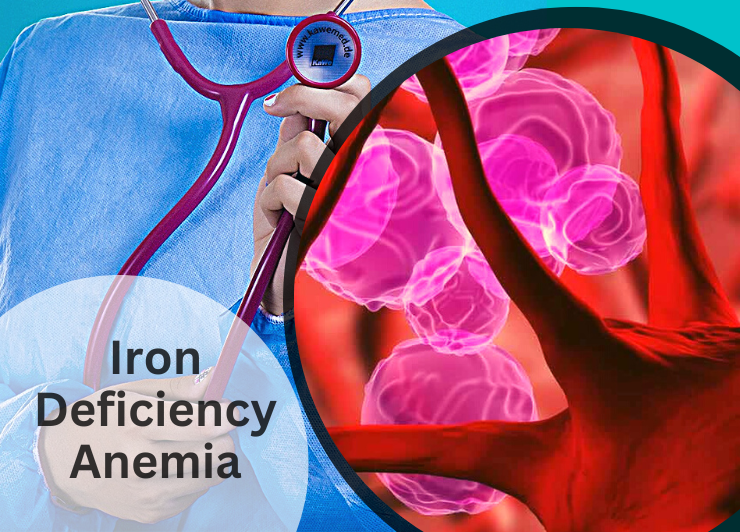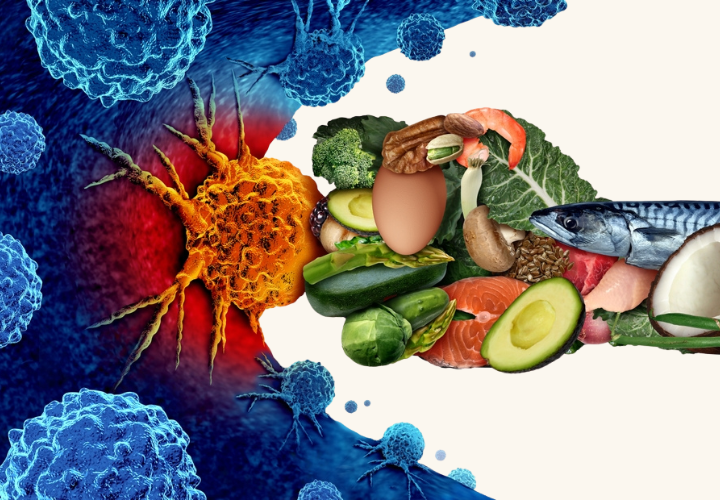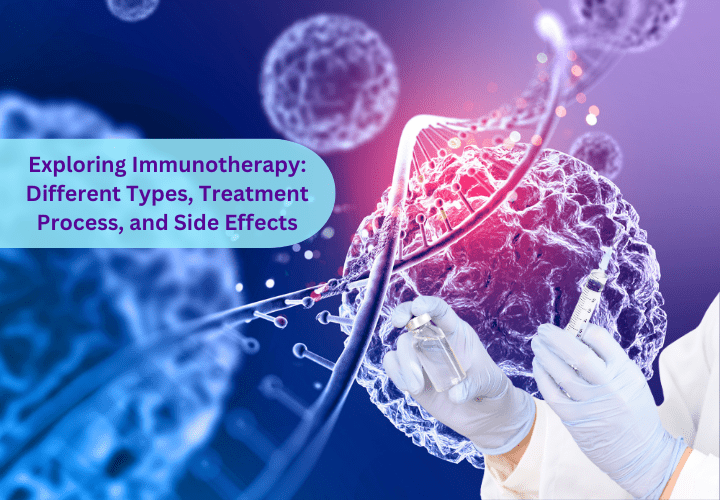Symptoms and Causes of Anemia Caused by Iron Deficiency:

Symptoms and Causes of Anemia Caused by Iron Deficiency:
- onco
- November 21, 2022
Symptoms and Causes of Anemia Caused by Iron Deficiency:
Anemia is caused when your blood does not have an adequate amount of healthy red blood cells, which provide oxygen to the body’s tissues. In this situation, it is natural that your body has weakness, is short of breath, and feels tired all the time. This is the common type of anemia that occurs due to the iron deficiency that your body requires to make hemoglobin. Iron supplements are available on the market to cure anemia. But if the patient has internal bleeding, then doctors recommend that they undergo further testing or treatment.
There are many people who do not know that they are suffering from iron-deficiency anemia. Generally, women suffer more from iron deficiency, as there is a loss of iron in the blood due to heavy menstruation or during pregnancy. Not only this, but a poor diet or intestinal diseases also lead to iron-deficiency anemia. In this blog, you will read about the symptoms and causes of anemia caused by iron deficiency.
Symptoms of iron deficiency anemia:
The symptoms of iron-deficiency anemia are general fatigue, pale skin, weakness, shortness of breath, dizziness, cravings to eat items that have no nutritional value, swelling in the tongue, headache, brittle nails, cold hands and feet, dizziness, and an irregular heartbeat.
The Main Causes of Iron Deficiency Anemia
The main causes of iron-deficiency anemia are as follows:
- Blood loss due to menstruation:
If girls have heavy menstrual bleeding, then due to the excess of blood loss, they suffer from iron-deficiency anemia. And in the case of pregnancy, women’s bodies require more iron in order to create sufficient oxygen for the baby. During pregnancy, mother and child both require blood for proper oxygen.
- Inadequate Iron Intake:
A deficiency of iron occurs in your body when you eat a small amount of iron over a long period of time. It is recommended to consume nutritious foods that are high in iron, like meat, eggs, and green leafy vegetables. Pregnant women and young children require more iron-rich foods in their diets because iron is essential for the growth and development of the body.
- Genetic Issue:
There are some diseases, such as celiac disease, that run in families and make it difficult to absorb sufficient iron. The issue occurs due to genetic disorders or mutations. This type of genetic disorder prevents your intestines from absorbing iron. Other genetic disorders can also result in anemia.
- Internal bleeding:
Internal bleeding can also occur from medical disorders, which can result in iron-deficiency anemia. Examples of internal bleeding are colon cancer, stomach ulcers, and polyps in the colon or intestines. All types of cancer treatment are available in Delhi. Not only this, but regular use of painkillers like aspirin can lead to stomach bleeding.
- inability to absorb iron
The ability to absorb iron in your body can also be affected by intestinal conditions or surgeries. Even if you consume an adequate amount of iron in your diet, diseases like celiac disease or gastric bypass surgery will reduce the amount of iron in your body.
How to Diagnose Iron-Deficiency Anemia
Iron-deficiency Anemia can be diagnosed with a complete medical history and physical examination. Doctors recommend an iron deficiency check-up when there are problems in your body like complaints of tiredness, abnormal paleness, a fast heartbeat, etc. The medical examination of iron deficiency is through a blood test that measures the amount of hemoglobin present in your body, which will measure the amount of iron present in the blood. Other tests for iron deficiency are bone marrow aspiration or biopsy, and upper or lower endoscopy.
Treatment for iron-deficiency anemia can be determined by the doctor according to your age, health, and medical history. Eat an iron-rich diet like meat, chicken, fish, broccoli, whole-wheat bread, etc. to raise the iron level in the blood. It is suggested that, before taking an iron supplement, always consult your doctor for your daily iron requirement.




